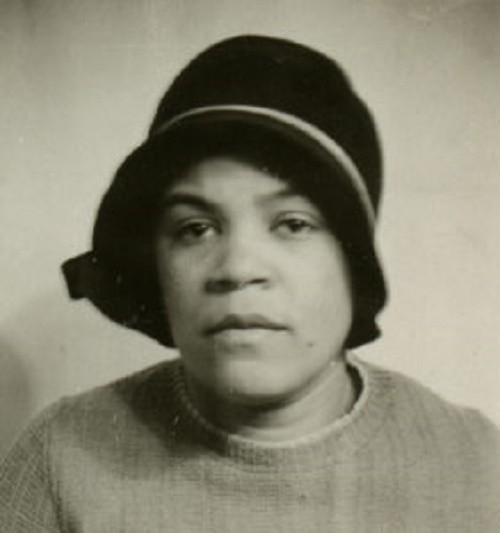After graduating high school, Marjorie Franklin was excited to learn she was admitted to the University of Michigan’s School of nursing. She needed a place to live while away from home and like most young college students applying to the program, hoped she would qualify for student housing in Couzens Residence Hall.
Franklin and her mother, Beulah Jones, met with the Director of Nursing only to be informed that “no housing would be provided for colored students.” Franklin was told to consider living at home.
Franklin and her mother continued to press the issue and met with the acting Hospital Director Robert Greve. Jones was advised that there could be “serious objections” if Franklin was to be allowed to live in the dormitory. She was told that if there were perhaps 5 or 6 colored girls needing housing, the University would be happy to establish separate nurses home for them, but for one student accommodations could not be made. The University did offer to reimburse Franklin for off-campus housing and dining room costs.
Franklin and her mother took the matter to the attention of President Marion Burton, who at first was reluctant to take a position. Jones noted Burton “couldn’t see any possible way to put a colored woman in the dormitory,” though he wouldn’t go so far as to say it was impossible.
Franklin didn’t let institutional racism prevent her from experiencing nursing school. She hired Oscar Baker, a black University of Michigan law graduate, to defend her case. He wrote to the Board of Regents and formulated a plan to allow for equal access to the University’s facilities.
It was a long and difficult battle, but Franklin was eventually allowed to live in Couzens dormitory her last year in the nursing program. Her efforts would go on to pave the way for the racial integration of other residence halls at the University of Michigan.
sources:





















No comments